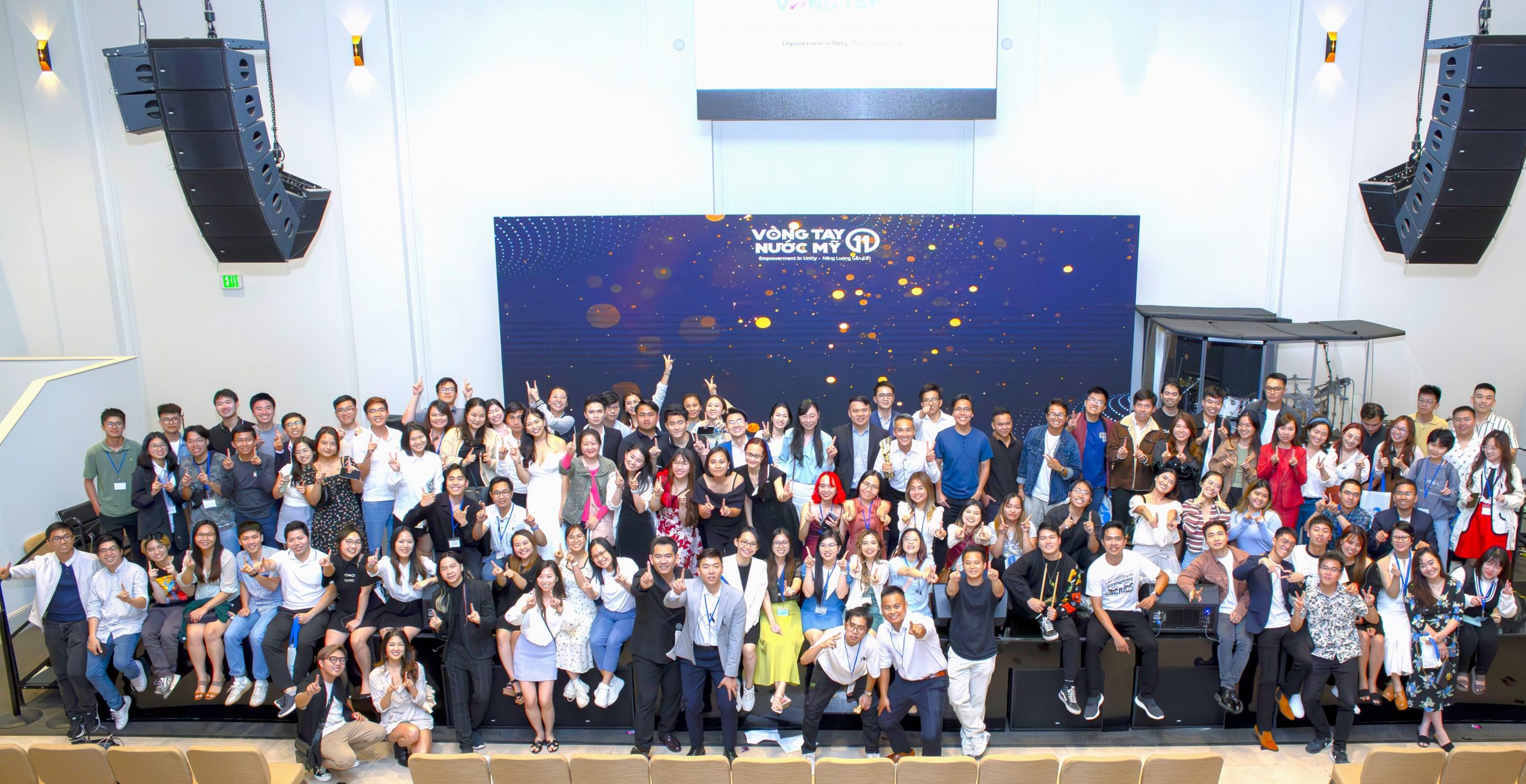(Manila, Philippines 21/5/2014)
1. Trong tình trạng đối đầu nguy hiểm hiện nay ở Hoàng Sa, phương án giải quyết của Việt Nam là gì? Liệu Việt Nam có nộp đơn kiện Trung Quốc ra Tòa Trọng tài theo Công ước LHQ về Luật Biển (UNCLOS) như Phi-líp-pin không? Nếu có, Việt Nam sẽ nộp đơn ở đâu và khi nào? Liệu Việt Nam có sử dụng biện pháp quân sự để giải quyết căng thẳng tại Biển Đông? Việt Nam đã chuẩn bị thế nào cho biện pháp này?
Trả lời:
Bạn hỏi về biện pháp quân sự. Không.
Việt Nam đã chịu nhiều đau thương mất mát từ các cuộc chiến tranh xâm lược. Vì thế, chúng tôi luôn tha thiết có hòa bình, hữu nghị để xây dựng và phát triển đất nước. Chúng tôi không bao giờ đơn phương sử dụng biện pháp quân sự, không bao giờ khơi mào một cuộc đối đầu quân sự, trừ khi chúng tôi bị bắt buộc phải tự vệ.
Việt Nam luôn nhất quán sử dụng các biện pháp hòa bình và tận dụng mọi cơ hội, mọi kênh đối thoại để giải quyết tình hình hiện nay một cách hòa bình. Chúng tôi đã hết sức chân thành, thực tâm, thiện chí và kiềm chế, nhưng câu trả lời hiện nay là Trung Quốc ngày càng gia tăng sức mạnh, các hành động uy hiếp và xâm phạm, rồi liên tục vu khống và đổ lỗi cho Việt Nam. Những gì mà Trung Quốc đang làm khác rất xa những gì mà Trung Quốc nói. Những hành động của Trung Quốc trên vùng biển Việt Nam trong nhiều ngày qua là cực kỳ nguy hiểm, đe dọa nghiêm trọng đến hòa bình, ổn định, an ninh, an toàn và tự do hàng hải, hợp tác và phát triển ở khu vực và thế giới.
Tôi muốn nhấn mạnh rằng, Việt Nam kiên quyết bảo vệ chủ quyền và lợi ích chính đáng của mình bởi vì chủ quyền lãnh thổ, chủ quyền biển đảo là thiêng liêng. Chúng tôi luôn mong muốn có hòa bình, hữu nghị nhưng phải trên cơ sở bảo đảm độc lập, tự chủ, chủ quyền, toàn vẹn lãnh thổ, vùng biển, và nhất định không chấp nhận đánh đổi điều thiêng liêng này để nhận lấy một thứ hòa bình, hữu nghị viển vông, lệ thuộc nào đó.
Có lẽ như tất cả các nước, Việt Nam chúng tôi đang cân nhắc các phương án để bảo vệ mình, kể cả phương án đấu tranh pháp lý, theo luật pháp quốc tế.
2. Việt Nam hy vọng gì từ cộng đồng quốc tế, từ các cường quốc như Mỹ, Nhật Bản đến các tổ chức đa phương như ASEAN, Liên hợp quốc trong việc giúp đỡ giải quyết tình trạng đối đầu ở Hoàng Sa? Trong bối cảnh căng thẳng leo thang như hiện nay ở Biển Đông, Việt Nam có sẵn sàng xem xét trở thành một liên minh an ninh chính thức với Mỹ trong tương lai không?
Trả lời :
Tôi khẳng định rằng, Việt Nam không tham gia bất cứ liên minh quân sự nào để chống lại một quốc gia khác. Đây là chính sách đối ngoại nhất quán của Việt Nam. Chúng tôi đã công khai về điều này rất nhiều lần với thế giới.
Về việc Trung Quốc đã hạ đặt giàn khoan Hải Dương 981 trái phép, xâm phạm nghiêm trọng vùng đặc quyền kinh tế và thềm lục địa của Việt Nam ở Biển Đông, chúng tôi đã thông báo và thông tin trung thực đến các tổ chức quốc tế, chính phủ các nước; chính giới và các học giả; truyền thông quốc tế. Những ngày qua, Tổng Thư ký Liên Hiệp quốc, lãnh đạo nhiều nước trên thế giới, nhiều cá nhân và tổ chức quốc tế đã lên tiếng bày tỏ quan ngại sâu sắc về mối đe dọa của sự việc này đối với hòa bình, an ninh, ổn định trong khu vực. Tôi tin tưởng rằng cộng đồng quốc tế tiếp tục có đánh giá đúng và tiếng nói thích hợp để ngăn chặn mối đe dọa nghiêm trọng đến hòa bình, ổn định ở Biển Đông. Việt Nam kêu gọi cộng đồng quốc tế, các nước, các cá nhân và tổ chức quốc tế tiếp tục lên tiếng phản đối mạnh mẽ hành vi vi phạm luật pháp quốc tế của Trung Quốc.
3. Dư luận cho rằng quan hệ Việt- Trung là mối quan hệ đan xen, vừa hữu nghị vừa đối đầu trong nhiều năm và Việt Nam chắc chắn không muốn mạo hiểm cắt đứt quan hệ này. Liệu việc Trung Quốc hạ đặt giàn khoan dầu ở Hoàng Sa có phải là một tác nhân buộc Việt Nam phải từ bỏ quan hệ với cường quốc ở châu Á này không? Nếu quan hệ Việt- Trung bị căng thẳng hoặc bị cắt đứt, điều này sẽ tác động như thế nào đến nền kinh tế và sự ổn định chính trị ở Việt Nam?
Trả lời:
Câu hỏi của bạn rất khó trả lời ngắn gọn.
Tôi chỉ muốn nói rằng, Việt Nam luôn nhận thức sâu sắc mối quan hệ hữu nghị, hợp tác bình đẳng cùng có lợi giữa Việt Nam và Trung Quốc vì điều này không chỉ đem lại lợi ích cơ bản và lâu dài cho hai nước Việt -Trung mà còn đóng góp cho hòa bình, ổn định, hợp tác và phát triển ở khu vực và trên thế giới. Còn ngược lại, chắc các bạn hoàn toàn có thể hình dung điều gì sẽ xảy ra.
Tôi muốn nhấn mạnh một lần nữa rằng, Việt Nam đặc biệt coi trọng và luôn làm hết sức mình đóng góp vào việc gìn giữ và tăng cường quan hệ hợp tác hữu nghị tốt đẹp với Trung Quốc. Việt Nam luôn chân thành mong muốn cùng Trung Quốc giải quyết các tranh chấp bằng biện pháp hòa bình trên cơ sở luật pháp quốc tế, bình đẳng và tôn trọng lẫn nhau.
Đối với việc Trung Quốc hạ đặt trái phép giàn khoan Hải Dương 981 trong vùng biển của Việt Nam, Việt Nam cực lực phản đối các hành động xâm phạm này và kiên quyết bảo vệ chủ quyền quốc gia và lợi ích chính đáng của mình phù hợp với luật pháp quốc tế./.
PRIME MINISTER H.E. MR. NGUYEN TAN DUNG
ANSWERS TO ASSOCIATE PRESS (U.S)
(Manila, the Philippines, May 21st 2014)
Question 1: Amid the dangerous standoff now at the Paracels, is Vietnam considering to resort to legal remedies like the Philippines’ decision last year to file an arbitration case before a tribunal operating under UNCLOS? If yes, how soon will this happen and what and where will you file a case? What way out acceptable to both sides do you envision in the Paracels? Does Vietnam’s limited options in dealing with China’s deployment of a rig include a military solution? How prepared is Vietnam for that and what are the prospects since the Paracels standoff has gone on for weeks without a solution in sight?
Military solution? The answer is No.
Viet Nam has endured untold suffering and losses from past invasive wars. Therefore, it is always our earnest desire to have peace and friendship for national development. We are never the first to use military means and would never unilaterally start a military confrontation unless we are forced to take self-defense actions.
Viet Nam has been consistent in pursuing peaceful means by making use of every opportunity, every dialogue channel to peacefully settle the current situation. Viet Nam has displayed utmost sincerity, honesty, good faith and exercised restraint. However, the response from China has been an increase of force and acts of intimidation and violation, and repeated slanders to blame on Viet Nam. There is a vast gap between the words and deeds of China. What China has been doing in the maritime zones of Viet Nam in the past days is extremely dangerous, seriously threatening peace, stability, maritime security and safety, freedom of navigation, and cooperation and development in the region and the world.
I wish to underscore that Viet Nam will resolutely defend its sovereignty and legitimate interest because territorial sovereignty, including sovereignty on its maritime zones and islands is sacred. We always want peace and friendship but this must ensure independence, self-reliance, sovereignty, territorial integrity, and maritime zones. These are sacred and we will never trade them off for some kind of elusive, dependent peace and friendship.
Perhaps like all countries, Viet Nam is considering various defense options, including legal actions in accordance with the international law.
Question 2: What does Vietnam hope the international community, leading powers like the US and Japan and multilateral institutions like the UN and ASEAN would do to help resolve the dangerous standoff in the Paracels? And due to the prevailing situation in the South China Sea, is Vietnam now willing to consider a formal security alliance with the US as an option in the future?
I wish to reaffirm that Viet Nam will not join any military alliance against another country. This is the consistent foreign policy of Viet Nam. We have made this known in many occasions to the world.
With regard to China’s illegal deployment of oil the oil rig Haiyang Shiyou 981 that has seriously infringed upon the continental shelf and exclusive economic zone of Viet Nam, we have communicated and provided factual information to international organizations, governments, political circles, scholars and international press and media.
The UN Secretary-General, leaders of various countries, individuals and international organizations have voiced their grave concerns over the threat of such violations to peace, security and stability in the region. I believe that the international community assess the situation correctly and continue to speak out accordingly in order to prevent this serious threat to peace and stability in the East Sea. Viet Nam urges on the international community, countries, individuals and international organizations to continue expressing strong protests against such acts of violation of international law by China.
Question 3. It has been said that China and Vietnam have had both adversarial and fraternal ties for so many years and Vietnam really would not risk severing its ties with China. Is China’s deployment of an oil rig off the Paracels a game changer that would force Vietnam to cut off all ties to the Asian powerhouse? If ties are severely strained or cut off, how can that affect Vietnam’s economy and political stability?
It is hard to give a short answer to your question.
I just want to say that Viet Nam always holds profoundly to its heart the friendship and equal and mutually beneficial cooperation between Viet Nam and China, as it not only delivers fundamental, long-term benefits to both Viet Nam and China, but also contributes to peace, stability, cooperation and development in the region and the world. If on the contrary, you can surely imagine what would happen.
I wish to underline again that Viet Nam attaches special importance to and does whatever it can to maintain and strengthen good cooperation and friendship with China. Viet Nam always sincerely wants to work with China to settle disputes via peaceful means on the basis of the international law, equality and mutual respect.
Regarding China’s illegal deployment of the Haiyang Shiyou 981 drilling rig in Viet Nam’s maritime zones, we vehemently protest such acts of infringement and resolutely protect our national sovereignty and legitimate interest in accordance with the international law./.


